Let’s set the scene: your job consists of traveling the world, mostly to beach destinations where it’s almost always summer, a cosmopolitan environment, spending the days underwater, teaching people with the same interests as you, and discovering amazing new species every day. Not bad, right? While we’re simplifying a bit, this is essentially the life of a scuba diving instructor. Because yes, you can live off diving, and actually, quite well.
But what do you need to achieve this? How long does it take? And can you really make a living from it? Keep reading to find out how to turn your passion into your profession! And remember, at DPM Diving, we can help you, as we have 5 schools around the world where you can complete advanced courses to become an instructor.
Contents
Why become a scuba diving instructor?
Being a scuba diving instructor is not just a job, it’s a lifestyle. And we mean that for real, not just a slogan. Imagine waking up on a paradise island, teaching in crystal-clear waters, and meeting people from all over the world who share your love for the ocean. It sounds like a radio ad, but it’s pretty close to the everyday reality of instructors around the world.
Some of the advantages of being a scuba diving instructor include:
- Working in spectacular places like the Caribbean, Thailand, Indonesia, or Australia.
- Meeting new people constantly.
- Turning your passion into your source of income.
- Having a routine that’s far from ordinary, away from the office and in a completely different environment.
But, like any job, it also has its challenges: long hours, unpredictable weather conditions, and the responsibility of ensuring the safety of your students.
If, after reading this, you still think diving is your path, let’s take a look at what you need to do to achieve it!
Requirements to become a scuba diving instructor
To become a scuba diving instructor, you need to meet certain basic requirements:
- Be of legal age (usually at least 18 years old).
- Have prior certifications, at least the Divemaster level. Here’s how to get it.
- Log a minimum number of dives (usually you need 100 logged dives before the instructor course).
- Be in good physical condition and have a medical certificate authorizing you to dive.
- Have first aid and CPR training, with a valid certification (usually within the last 24 months).
Each certification body (PADI, SSI, NAUI, etc.) may have slight variations in requirements, but these are the most common.
Steps to become a scuba diving instructor
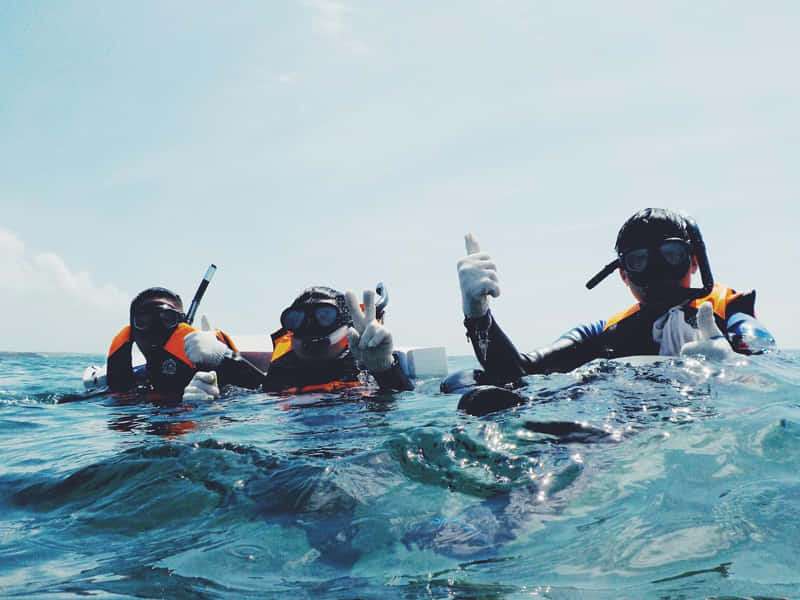
1. Obtain Prior Certifications
Before becoming an instructor, you need experience as a diver. You must progress through recreational diving certifications until you reach the Divemaster level. Broadly speaking, this involves:
Open Water Diver → Advanced Open Water → Rescue Diver → Divemaster.
During this process, you’ll accumulate underwater experience and learn not only how to dive, but also how to guide and assist other divers. Essentially, it’s a journey where the diver gains skills, knowledge, and above all, confidence to face any challenges underwater.
All these courses are available at any of DPM Diving’s diving schools in Thailand and Indonesia.
2. Enroll in a Scuba Instructor Course (IDC)
The Instructor Development Course (IDC) is the course that prepares you to become a scuba diving instructor. During this program, you’ll learn to:
- Teach diving theory.
- Conduct practical exercises with students.
- Handle emergency situations underwater.
- Evaluate and correct students.
This course usually lasts about 15 days, depending on the certification body and the dive center where you take it. This is the duration of the SSI Dive Professional Crossover course that we offer at DPM Diving.
3. Pass the Instructor Exam
Once you complete the IDC, you’ll need to pass the Instructor Examination (IE), which includes:
- A theoretical exam on physics, physiology, equipment, and diving techniques.
- Assessments in the pool and open water, where you’ll demonstrate your teaching skills.
- Safety and rescue assessments.
If you pass all these tests, congratulations! You’re now a certified scuba diving instructor.
How long does it take to become an instructor?
The time varies depending on your learning pace and availability to train. In general:
- From scratch to instructor can take anywhere from 6 months to 2 years, depending on how much time you dedicate to each level.
- If you’re already a Divemaster, the IDC and instructor exam can be completed in less than a month.
If you’re in a hurry, there are intensive programs in diving destinations where you can progress quickly, but it’s always recommended to gain real experience before teaching others.
How much does a scuba diving instructor earn?
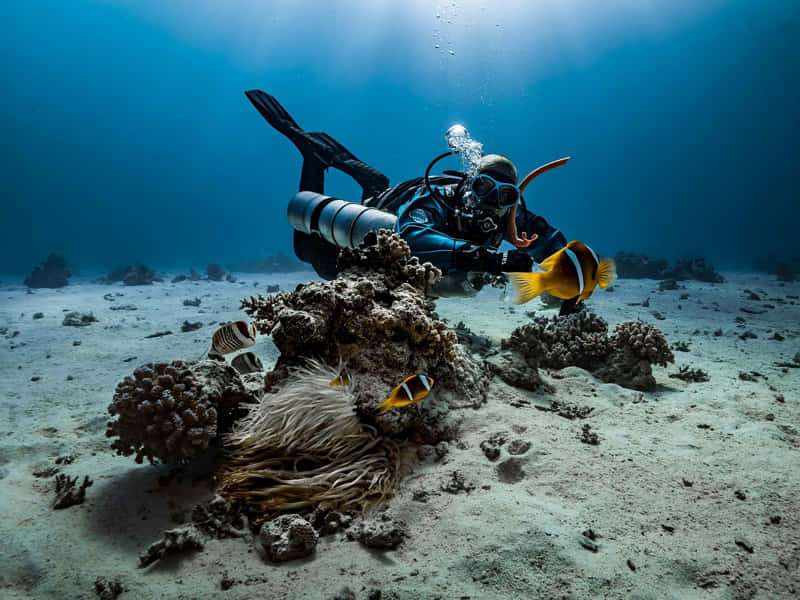
A scuba diving instructor’s salary varies by country and experience. Generally speaking:
- Tourist destinations (Maldives, Thailand, Mexico, Australia): $1,000 – $3,000 USD per month + tips.
- Small dive centers or countries with lower tourism: $900 – $1,500 USD per month.
- Experienced instructors working in luxury resorts: they can earn over $4,000 USD per month.
Many instructors supplement their income with specialized courses, underwater photography, or marine conservation jobs. And as with anything, it depends on the instructor’s ability to attract clients and, most importantly, to earn substantial tips. For example, there are customer profiles who tend to tip more, like American divers.
Can you live only from diving?
Yes, but you have to be flexible and strategic. Some points to consider:
- Diving is seasonal in many places, so it’s common to work in different destinations depending on the season.
- Experience and additional courses increase your opportunities (for example: freediving instructor, dive equipment technician, specialties in wreck diving or deep diving).
- Many instructors work freelance, giving courses at different centers or dive boats.
If you’re passionate about the ocean and willing to adapt to a nomadic lifestyle, you can make a good living from diving. However, if you’re looking for stability and a high fixed salary, you might need to combine it with other income sources.
If the ocean is your passion, taking the step to becoming a certified instructor might be the best decision of your life. DPM Diving can help you on this journey.

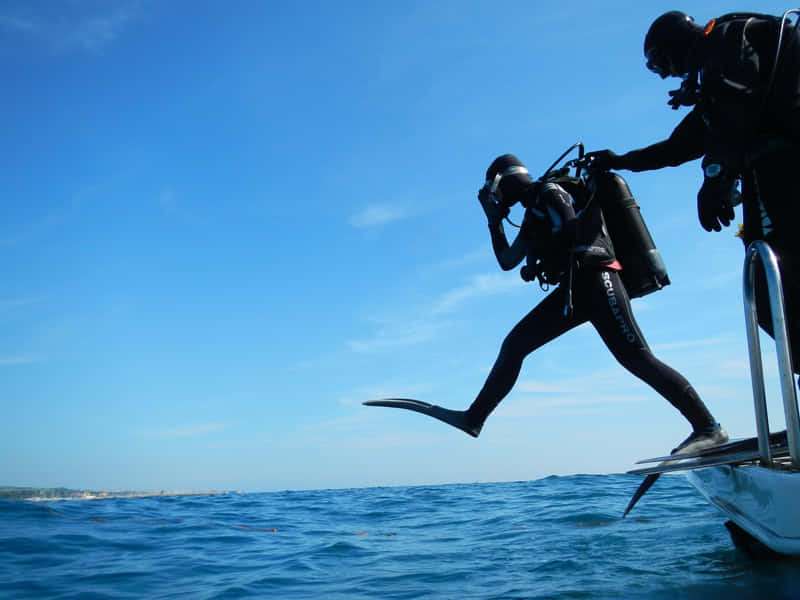

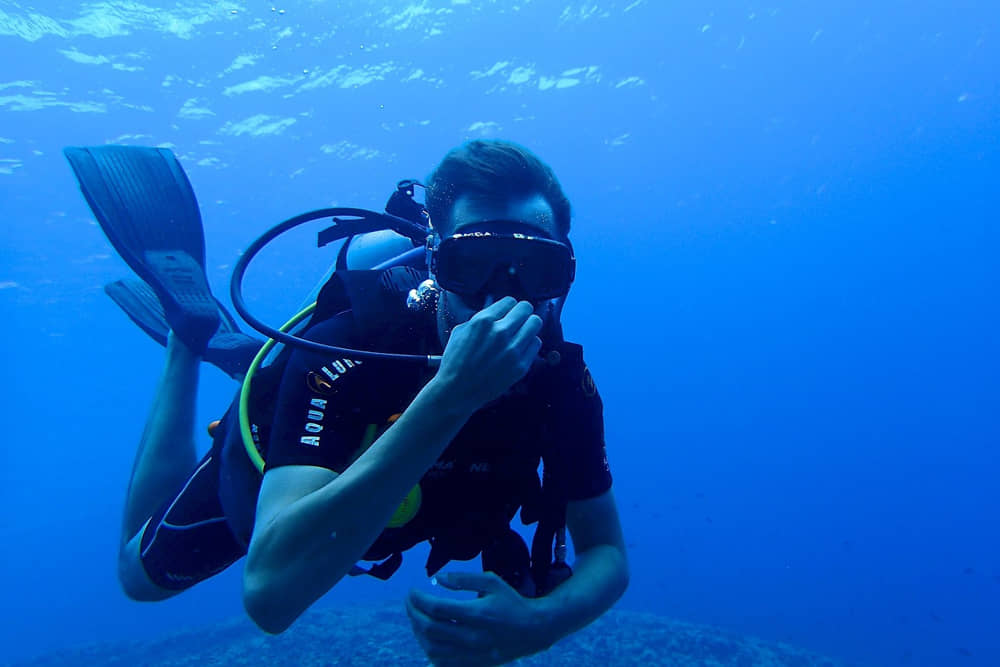
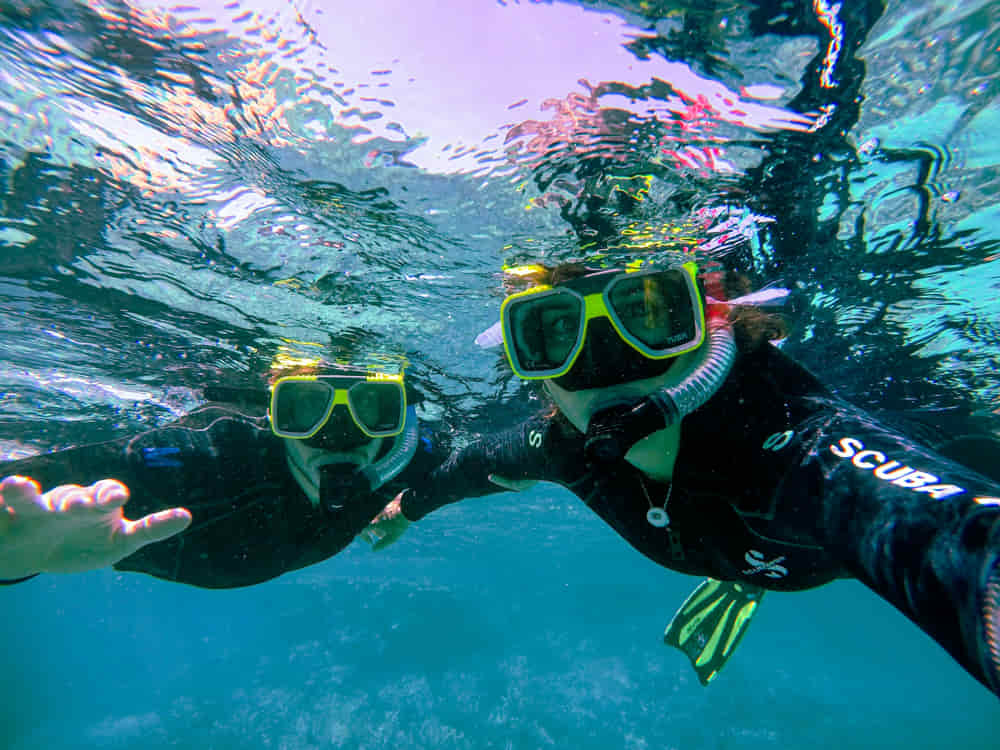
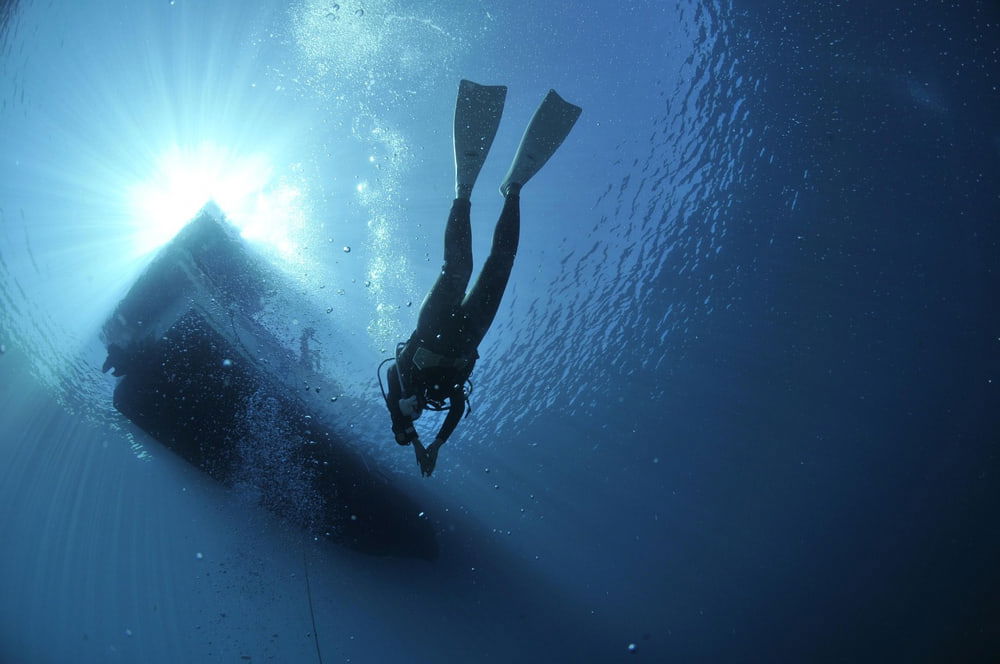

0 Comments